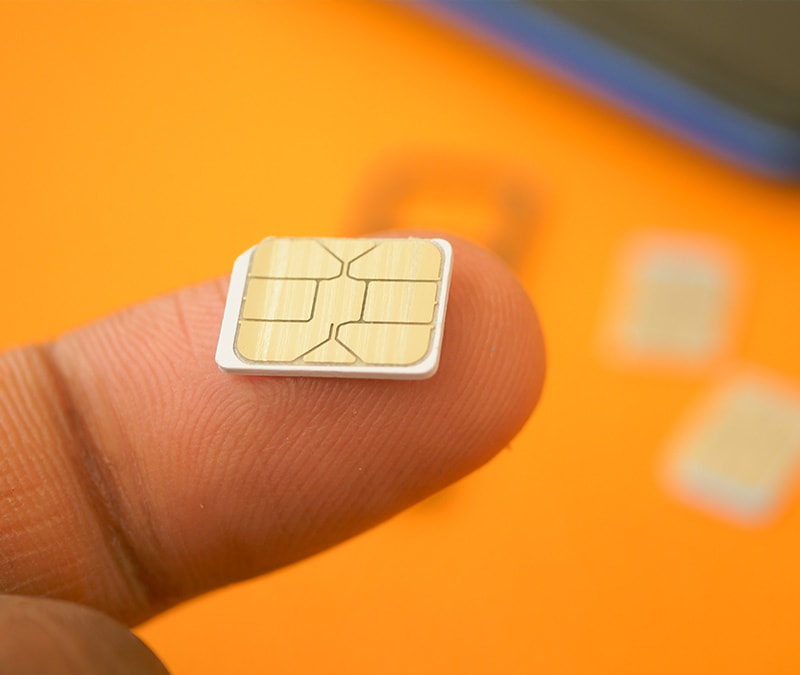Ultimate guide to protecting your identity with IRS IP PINs
Master your financial security with our comprehensive guide on IRS IP PINs. Discover how to apply, unlock benefits, and implement essential tips for safeguarding your identity against tax fraud.

Tax season brings not only the task of filing returns but also the heightened risk of identity theft. In response, the IRS has developed a critical tool for taxpayers: the Identity Protection Personal Identification Number (IP PIN). This post will explore the IP PIN, detailing its purpose, benefits, and how you can secure one to protect your tax filings and personal information from fraudsters.
Understanding IP PINs
An IP PIN is a six-digit number issued by the IRS to help prevent misuse of your Social Security number on fraudulent tax returns. This system was introduced as a response to the increasing incidents of tax-related identity theft. By assigning a unique PIN to each taxpayer who opts in, the IRS adds an extra layer of security, making unauthorized access significantly more challenging.
The history of the IP PIN program traces back to its pilot phases, initially offered only to victims of identity theft. Over the years, the program has expanded, now available to all taxpayers who wish to enhance their tax filing security. This evolution reflects the IRS's commitment to combating tax fraud and protecting taxpayers.
The benefits of securing an IP PIN
Obtaining an IP PIN can provide unparalleled peace of mind during tax season. This unique number significantly reduces the chance of someone else filing a fraudulent tax return in your name, thus protecting your tax refund and personal information from falling into the wrong hands.
Taxpayers who have experienced the stress of identity theft understand the value of proactive protection. An IP PIN acts as a shield, offering a layer of security that makes your tax information less accessible to criminals. It's an essential step in maintaining your financial well-being and privacy.
Eligibility and application process for an IP PIN
Applying for an IP PIN is straightforward and can be completed online via the IRS website. The process involves verifying your identity through the IRS's secure platform, which may require information from previous tax returns, financial accounts, or personal identity documents.
For those who cannot or prefer not to use the online system, the IRS provides alternative methods to apply for an IP PIN. These include applying by mail or in person at an IRS office. These options ensure that all taxpayers, regardless of internet access or technological comfort, can take advantage of this protective measure.
How to use your IP PIN
When filing your tax return, you will be prompted to enter your IP PIN if you have obtained one. This step is crucial: your tax return will not be processed without the correct IP PIN, ensuring that only you can file a return under your identity.
It's important to avoid common pitfalls, such as sharing your IP PIN with others or entering it incorrectly on your tax return. Treat your IP PIN with the same level of security as your other sensitive information, like your Social Security number or bank account details.
If you forget or lose your IP PIN, the IRS provides a recovery process. You can retrieve your IP PIN through the IRS website or contact the IRS directly for assistance. However, remember that retrieving your IP PIN may take time, so it's best to store it securely and keep it accessible for tax filing.
Renewing and maintaining your IP PIN
Each year, you will need to obtain a new IP PIN from the IRS. This annual renewal process ensures that your security remains tight and adapts to any potential new threats. The IRS typically makes new IP PINs available in January, well in advance of the tax filing season.
Overcoming challenges with IP PINs
While IP PINs provide significant security benefits, taxpayers may encounter challenges, such as system errors or lost PINs. If you face any difficulties, the IRS offers several resources and support channels, including an online help center and dedicated phone lines.
The key to resolving issues with your IP PIN lies in prompt action and communication with the IRS. Whether you need help retrieving a lost PIN or addressing an error, the sooner you reach out for support, the quicker the issue can be resolved, ensuring your tax filing is not unduly delayed.
Navigating the complexities of the IP PIN system can be daunting, especially for first-time users. However, by following the instructions carefully and utilizing IRS resources, you can overcome these challenges and enjoy the peace of mind that comes with enhanced tax filing security.
More ways to protect yourself this tax season
While securing an IP PIN is a critical step, it should be part of a broader strategy to protect against tax-related identity theft. Regularly review your credit reports, safeguard your personal information, and stay informed about the latest tax scams.
Incorporating other security practices, such as using strong passwords for online accounts and monitoring your financial statements, can further shield you from identity theft. Staying vigilant and adopting a comprehensive approach to security will help protect your identity and financial health beyond the tax season.
The IRS also provides additional resources and tips for taxpayers to prevent identity theft. By staying informed and proactive, you can build a strong defense against potential threats to your personal and financial information.
The introduction of the IP PIN by the IRS represents a significant advancement in the fight against tax-related identity theft. By securing your IP PIN, you take an important step toward safeguarding your identity and ensuring the security of your tax filings. Remember, the best defense is a strong offense: stay informed, stay secure, and take control of your financial privacy.
Editorial note: Our articles provide educational information for you. Our offerings may not cover or protect against every type of crime, fraud, or threat we write about. Our goal is to increase awareness about Cyber Safety. Please review complete Terms during enrollment or setup. Remember that no one can prevent all identity theft or cybercrime, and that LifeLock does not monitor all transactions at all businesses. The Norton and LifeLock brands are part of Gen Digital Inc.





Want more?
Follow us for all the latest news, tips, and updates.